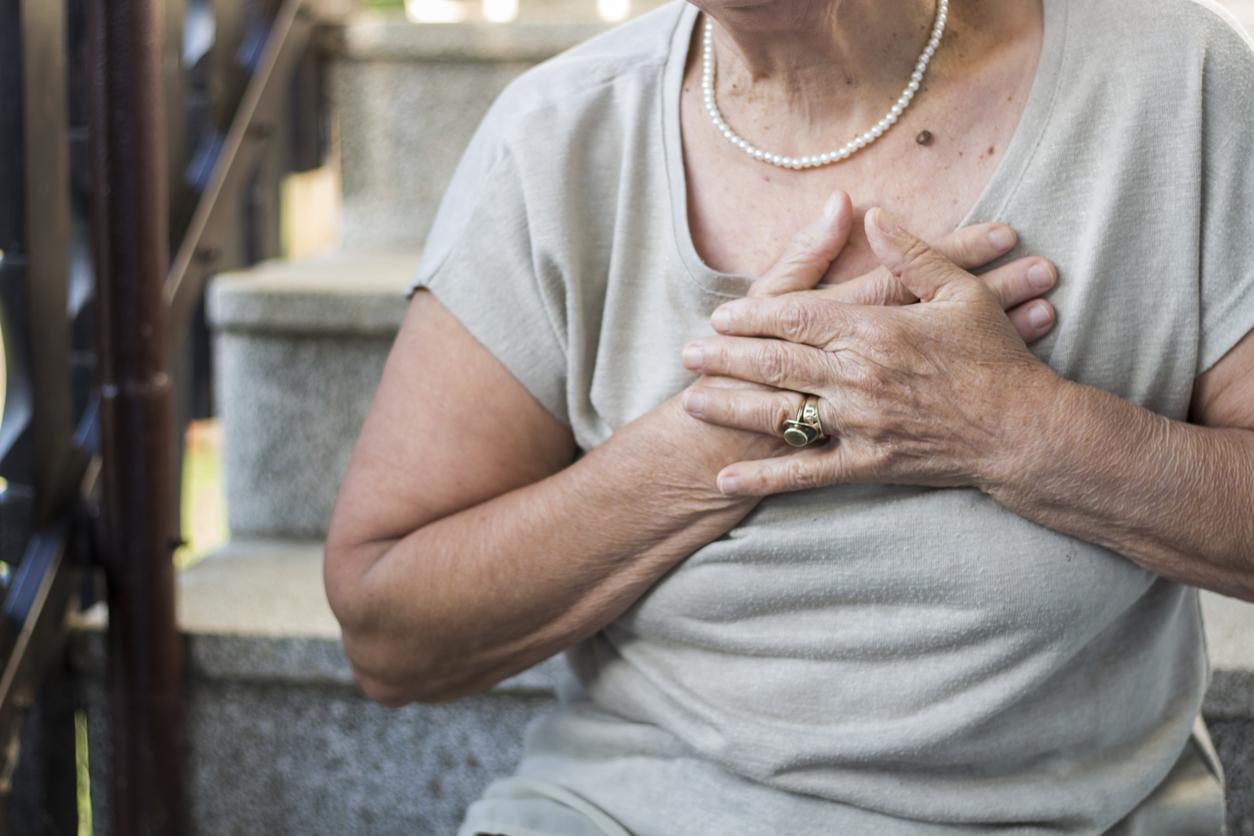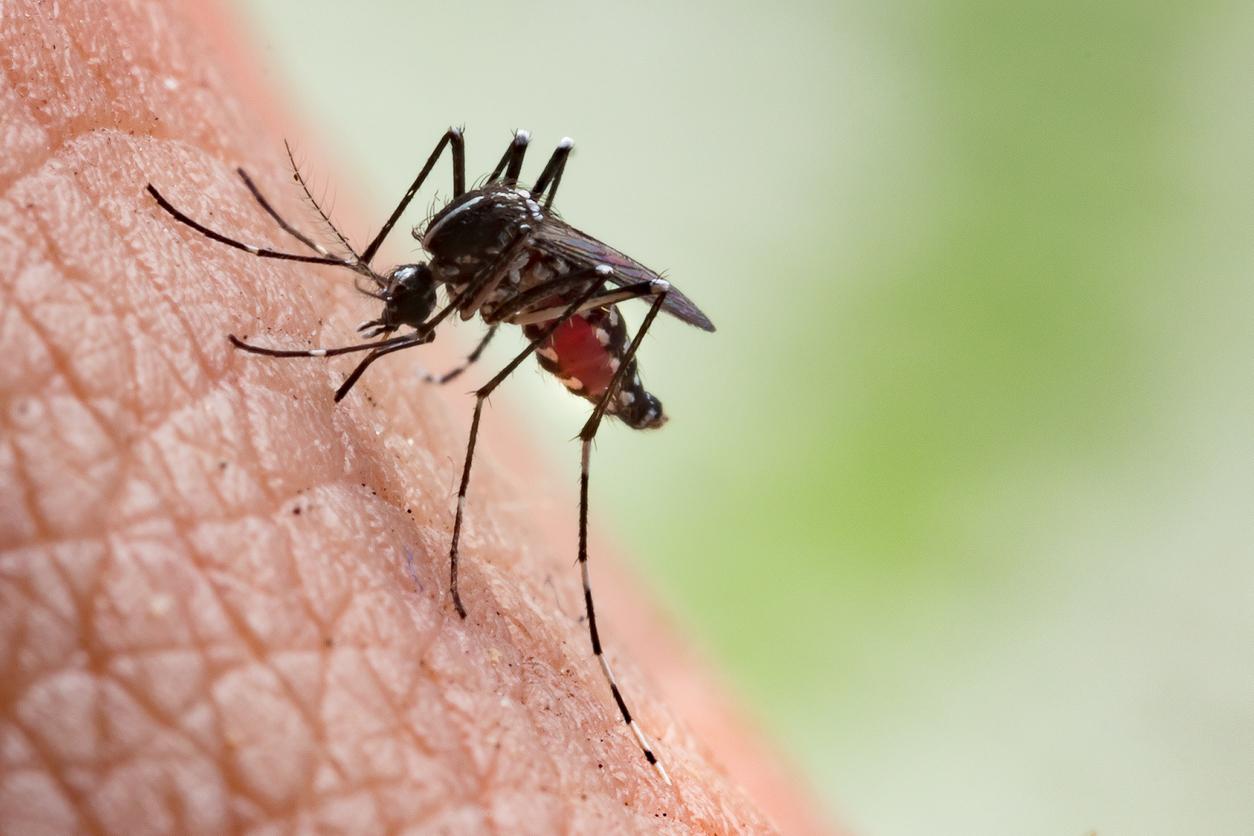Why, on a cancer that affects parts common to both sexes, men are significantly more at risk of developing the disease than women ? A study published on August 8, 2022 in the magazine Cancer wanted to answer the question.
Researchers from the National Cancer Institute used the results of a very large cohort of analyzes of more than 294,000 people, including 171,274 men and 122,826 women. Aged 50 to 71, they were followed for 16 years, between 1995 and 2011. They also compiled all their health information, their family history or even their risky behaviors, such as alcohol consumption, smoking or overweight.
Men have between 1.3 and 10.8 times the risk of cancer
Between 1995 and 2001, the women in the study reported a total of 8,742 cancers, while the men reported nearly 18,000. For almost all cancers affecting anatomical areas common to both genders, the risk was between 1.3 and 10.8 times greater for men to develop the disease compared to women, out of a total of 21 cancers. For example, men were nearly 11 times more likely to develop esophageal cancer and four times more likely to develop stomach or throat cancer. And this, even when lifestyle risk factors were excluded. Two exceptions all the same: cancer of the gallbladder and that of the thyroid seem to expose women more. Gender-specific cancers, such as uterine or prostate cancer, were not examined.
To explain it, researchers still have difficulties. These inequalities keep a part of mystery. On the one hand, risky behaviors can have an impact on the various diseases to a greater or lesser extent. For a lung cancerit is estimated that the latter represent 50%. The team also suggested that testosterone may increase the likelihood of skin, prostate or liver cancer in men, not least because this male hormone promotes cell growth. According to them, this difference could also be explained by the fact that men could also be less likely to consult a doctor.
They conclude that the environment cannot be the only culprit in these differences in risk. They believe that, biologically speaking, men would be more vulnerable to certain cancers, without knowing how to justify it for each disease at the present time. “There are intrinsic biological differences between men and women that affect susceptibility to cancer“, says Dr. Sarah Jackson, lead author of the study.
Source :
- Sex disparities in the incidence of 21 cancer types: quantification of the contribution of risk factors, CancerAugust 8, 2022


















